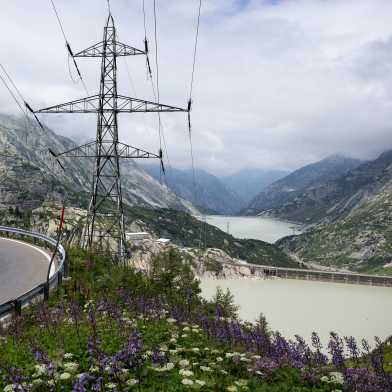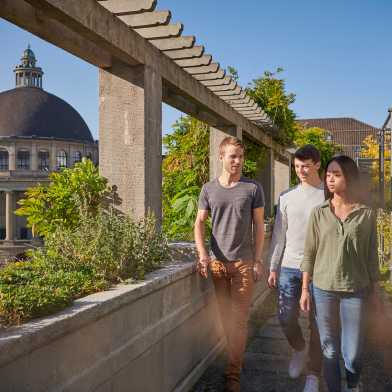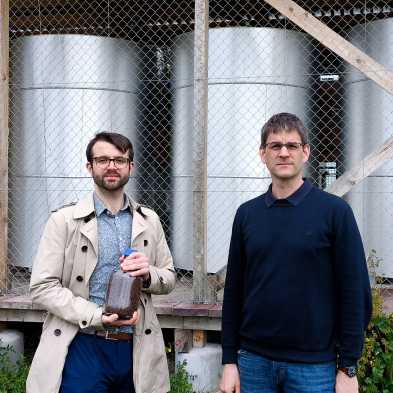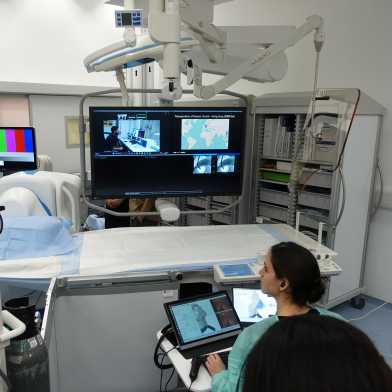ETH News
All stories by Christoph Elhardt, Corporate Communications
“Switzerland’s glaciers could vanish completely by 2100”
News

Switzerland’s glaciers are in increasingly poor shape. If greenhouse gas emissions are not cut drastically soon, they could cease to exist by 2100 – so says ETH Professor Daniel Farinotti in this ETH News interview to mark the first World Day for Glaciers.
The cost of climate-neutral aviation in the future
News

Flight ticket prices could rise by 50 percent if aviation is made climate-neutral. This is an estimate from a new study by researchers at ETH Zurich. It is based in particular on the use of synthetic fuels.
Stress tests for the Swiss power system
News

Researchers from ETH Zurich and ZHAW Winterthur are simulating in a new study how the future Swiss power system could be structured to withstand a drastic fall in gas and electricity imports. By doing so, they aim to contribute to the discussion surrounding Switzerland’s supply security.
“Geoengineering will not solve the problem of climate change”
News

A team led by ETH climate researcher Sandro Vattioni has shown that diamond dust released in the atmosphere could be a good way to cool the climate. However, it is still not a sustainable solution to climate change, says Vattioni in an interview with ETH News.
Overcoming modernism’s blinkered view
Category

Mariam Issoufou is one of Africa’s most sought-after architects. She has held the position of Professor of Architecture Heritage and Sustainability at ETH Zurich since 2022.
ETH Zurich is growing faster than in previous years
Press release

On 16 September, ETH Zurich will welcome about 27,000 students for the Autumn Semester, according to provisional figures. The growth in student numbers continues apace.
Iron as an inexpensive storage medium for hydrogen
News

Researchers at ETH Zurich are using iron to store hydrogen safely and for long periods. In the future, this technology could be used for seasonal energy storage.
Operating from 9,300km away
Press release

Researchers at ETH Zurich and The Chinese University of Hong Kong have succeeded for the first time in using remote control to perform a magnetic endoscopy on a live pig. The researchers controlled the probe from Zurich while the animal was on the operating table in Hong Kong.